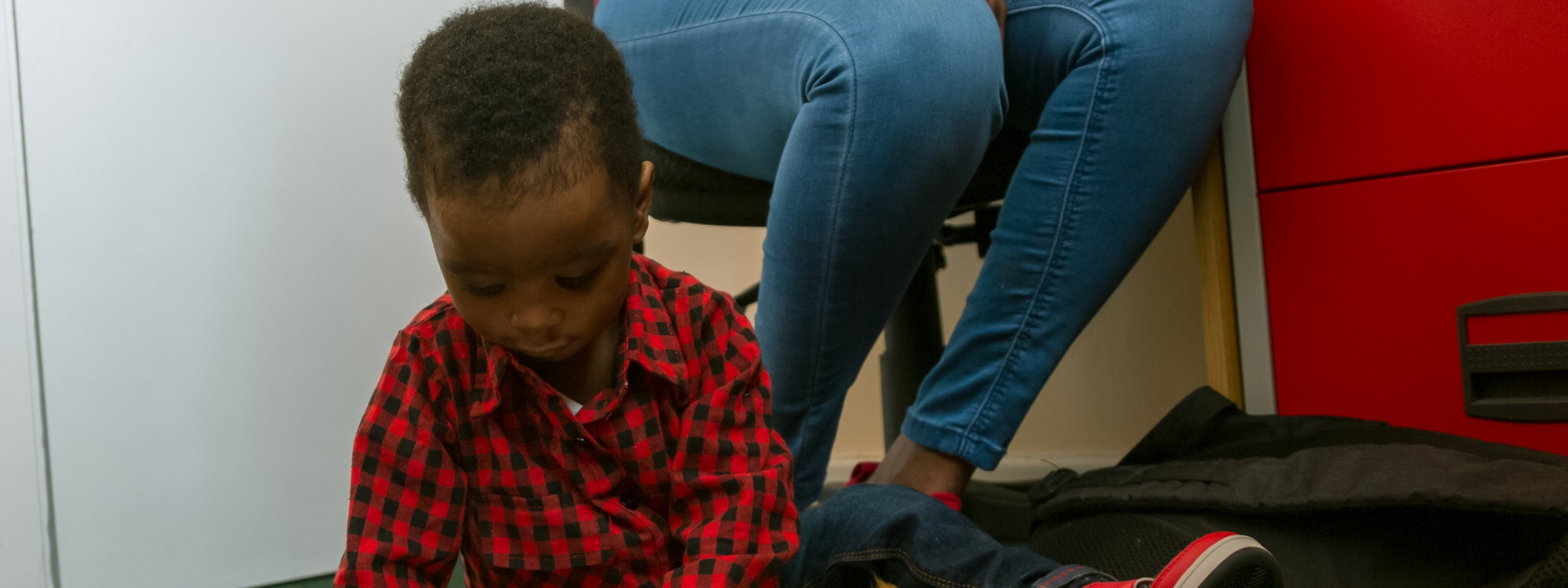
COVID-19 Update
Gardai and domestic violence service providers are ready to assist anyone who is experiencing domestic abuse. In an emergency, always call 112 or 999.
Safe Ireland have published a useful list of the services available throughout the country. You can find that here.
Domestic Abuse & Immigration Status
Migrants in abusive relationships can be worried about their immigration status and are sometimes afraid to report abuse. It is very common for abusive partners to threaten their spouses/partners with deportation or removal from the State. However, if your immigration status is linked to that of an abusive partner, parent or child, you can apply for independent status as a victim of domestic violence. Nasc has successfully helped many men and women in abusive relationships to secure independent residency.
The Department of Justice takes these applications very seriously. You can read their guidance on making an application for independent residency here.
“No one should have to suffer domestic violence and it is a matter that is taken seriously by the authorities. Migrants may have additional vulnerability in this area in that the person committing domestic violence may say “if you report this you will lose your immigration status”. This is not true. Domestic violence should always be reported and you do not have to remain in an abusive relationship in order to preserve your entitlement to remain in Ireland.”
You may also be eligible to change the basis of your immigration status on other grounds e.g. if you are the parent of an Irish citizen child.
Domestic violence or domestic abuse can take many forms and goes beyond actual physical violence. It can also involve the destruction of property; isolation from friends, family and other potential sources of support; threats to others including children; stalking; and control over access to money, personal items, food, transportation and the telephone. Domestic abuse affects both men and women.
If you are experiencing domestic abuse, there are many organisations that can help you. Women’s Aid have a helpline you can call to speak to a support worker and they will be able to direct you to your nearest support organisation. If you don’t feel confident speaking English, you can ask the support worker to connect you to an interpreter. Their phone line number is 1800 341 900. Men's Aid have a confidential helpline for men available at 046 9023718.
A support organisation will be able to give you information on court orders including barring, safety and protection orders.
Applying for independent status
If you are not currently legally resident in Ireland, please seek advice from Nasc, another immigration NGO or a solicitor before you make an application. This application process is for people who are currently lawfully resident in the State.
To apply for independent status, you can write a letter to:
Unit 2 Domestic Residence and Permissions Division
Immigration Service Delivery
Department of Justice
13-14 Burgh Quay
Dublin 2 D02 XK70
Your letter should include the following information and documentation:
- Details of your most recent immigration status (include Department of Justice reference numbers)
- A copy of the letter granting you your original permission to remain in the State (if available) or the dates and general circumstances of your arrival in the State
- Enclose copies of passports and your IRP card (if available)
- If you have dependent children, you should include their details (it is particularly relevant if they have Irish or EU citizenship)
- Outline the history of domestic abuse and include any documentation you might have, for example any of the following: a letter from GP, domestic violence support service, social worker, Gardaí, refuge/ shelter etc, a medical report, photographs of any injuries sustained or any court orders issued.
The Immigration Service Delivery may write back to you with some questions or requests for more documents. If you are concerned that your post may be read by the person abusing you, please contact a support organisation for assistance.
Nasc routinely assists with these types of application or can direct you to an organisation closer to you that will be able to help you if you don’t live in Cork or cannot travel to Cork.

